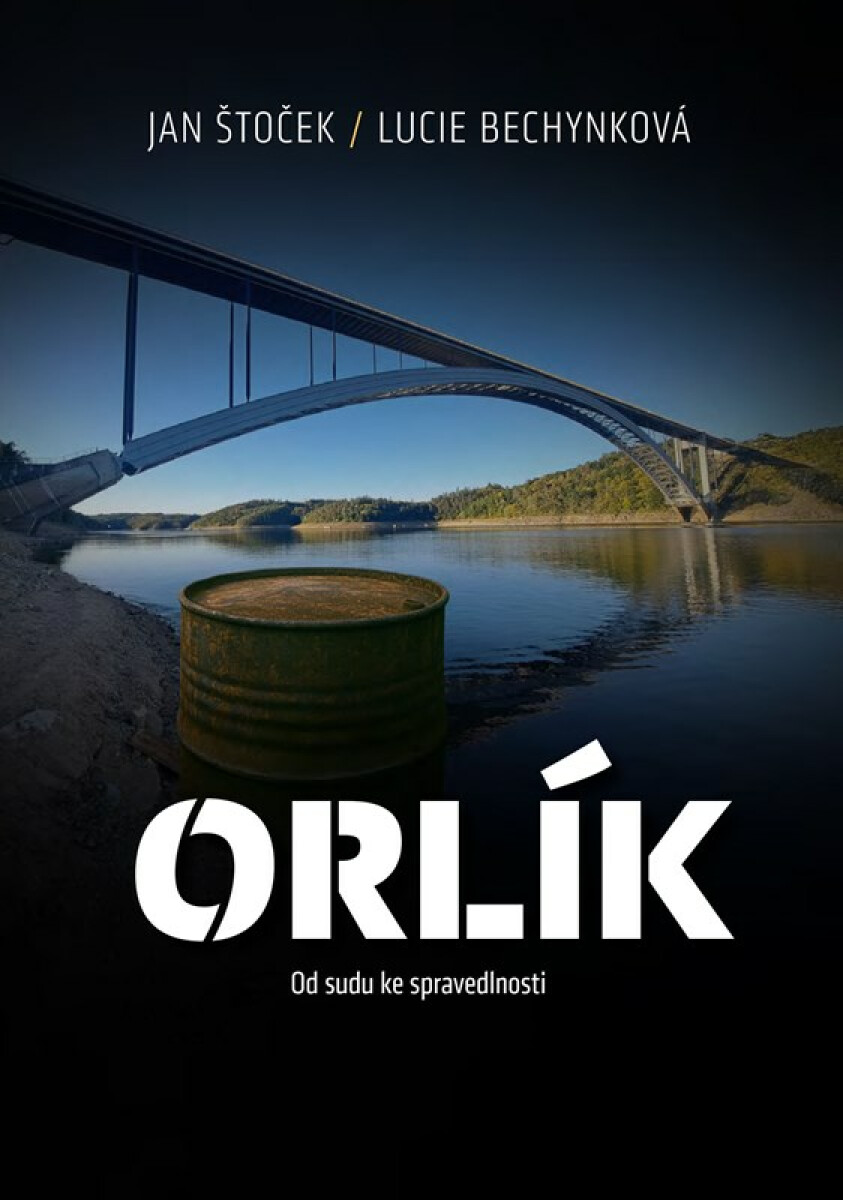Holocaust Codes
Knihu koupíte v
3 e-shopech
od
275 Kč
Pokud se vám po kliknutí na tlačítko "Do obchodu" nezobrazí stránka knihy ve vybraném e-shopu, je třeba vypnout AdBlock ve vašem prohlížeči pro naši stránku.
Návod na vypnutí je například na adrese https://o.seznam.cz/jak-vypnout-adblock/#1.
Krátký popis
The first dedicated study of the cat-and-mouse struggle between
aBritish cryptographer at Bletchley Park, and an Austrian SS major
responsible for the masskillings of thousands of Russian and Polish
Jews. The account of how Nigel de Grey crackedthe Enigma-coded
signals of SS Major Hermann Hoefle is one of the greatest
untoldstories of the Second World War.
Vývoj ceny
Aktuální Ø cena knihy Holocaust Codes je 471 Kč
Výběr knih autora
Christian Jennings
Zobrazit všechny knihy autora
Christian Jennings
Výběr knih vydavatele
John Blake
Zobrazit všechny knihy vydavatele
John Blake
Naše tipy
- Právě probíhající akce a slevy na knihy
-
Knihydobrovsky.cz | do 28.02.2026
-
Knihydobrovsky.cz | do 31.03.2026
- zobrazit všechny akce





















